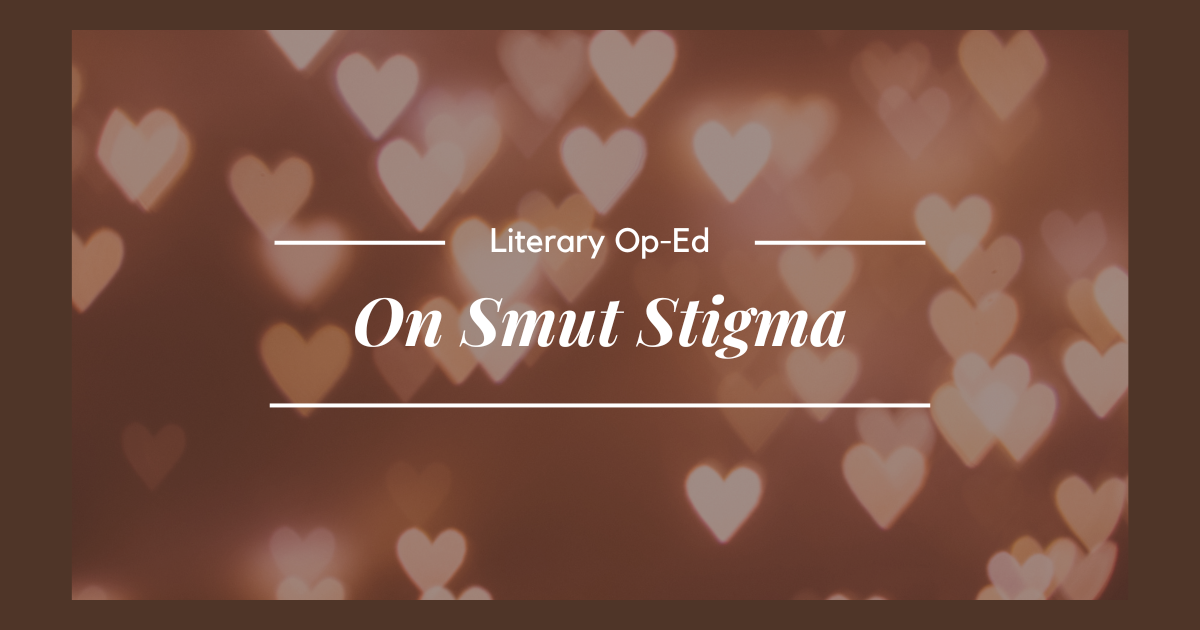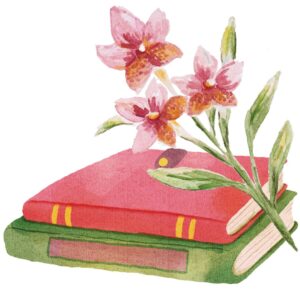This blog contains discussion of adult (18+) content.
Like the phrases “chick lit” and “chick flick” of the late ‘90s and early aughts, the new target of unnecessarily gendered genres is: smut. Or as some have been pejoratively referring to it: “fairy porn.”
There’s been a recent trend (not for the first time) of bashing romance books, specifically fantasy romance. I talked recently about the BookTok algorithm in this blog, but I wanted to dive into the issue of smut specifically.
I’ve noticed male authors don’t get this same treatment or labelling.
The rise of fantasy romance as a genre has led to many popular fantasy book series with sex scenes. A well-known example is the A Court of Thorns and Roses series. The reason these books are romances and not erotica is that they have plots that stand on their own; the sex scenes are relevant to the romantic subplots but not the overarching external plot. In erotica, the sex is the plot.
Just the presence of these (honestly infrequent) sex scenes has led to the label of “fairy porn.” Yet fantasy books written by men with as much (or more) sex on page, such as those by authors George R. R. Martin or Jay Kristoff, don’t get this same trivializing treatment. Why is that?
I don’t want to be reductive and make unfounded statements about the genre, authors, or readers. I could theorize that it’s due to the romantic elements – that the sex has lots of meaning and some indulgence, which might be written off as silly. But it could also be the priming; some might consider sex in books to be low-brow. It might also just be how it’s marketed. Who really knows?
But I will say that I was never compelled to watch the Game of Thrones TV series because it had what I felt was an egregious amount of nudity (particularly female nudity), and too much dubious sex content. Why is that considered quality storytelling by some, but fantasy romances (in which women are treated fairly and respectfully) seen as silly? Yet I would never judge someone for enjoying GOT, especially if the plot was otherwise interesting. So it’s only fair that this goes both ways.
There is value in seeing romance on page.
It’s true that many come from worlds in which no one discusses the female experience of sex and pleasure. And with male-gaze dominated sex content out in the world, it may be difficult to see and understand what it should be like, and how it should make them feel.
Reading these kinds of sex scenes (and being in the main character’s mind during them) gives readers the language they may need to make adjustments to their own sex lives.
Also, I do wonder sometimes if some people out there read these scenes and realize that their own relationships are actually abusive, or that their partners are taking advantage. If, say, they see how quickly the love interest steps back when the main character says, “Stop” or “Wait,” or when they see foreplay, aftercare, and clear communication on page, and perhaps think, “That’s not what happens in my relationship.” These books might be the catalyst for a dawning realization that they need to get out of there.
Looking down on smut books is silly, honestly.
I respect people for knowing their preferences, and it’s okay to not enjoy reading these scenes. But to put others down for enjoying something different is decidedly uncool.
It’s not just smut though; there are many who feel reading should be a serious affair, and are just as likely to look down on genre fiction in general. To them I say: you can enjoy your books, and I’ll enjoy mine. I have, in fact, read How to Win Friends and Influence People and many books like it, and I won’t lie, I had way more fun reading ACOTAR.
I would love to have you around! Subscribe below.
Check out some of my other recent blogs:








2 responses to “In Defense of Smut”
So well put. I’ve seen a lot of this discourse, and so much of it is steeped in sexism and snobbery. More than that, no one seems to point out how important genre fiction, but particularly that aimed at women (and, on that note, particularly that which includes sex), has been to the development of the novel form. I have an MA in English, and if I learnt one thing about the development of the novel in my 4 years of BA / MA English lectures, it’s that if no one had ever bought a smutty book, then there’s a good chance we’d all still be reading verse instead of prose! The novel was low-brow for over 100 years, the fact that some novels are high-brow now is due, in large part, to the commercial success brought to authors and publishers by the custom of women.
Exactly it! Many forget that what’s considered “the classics” now were often the more so-called low brow popular books of their time.